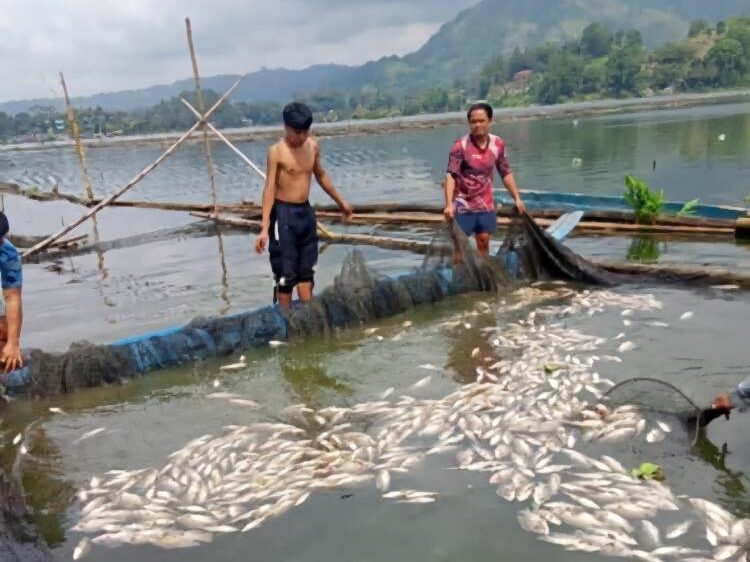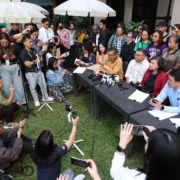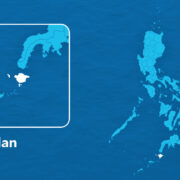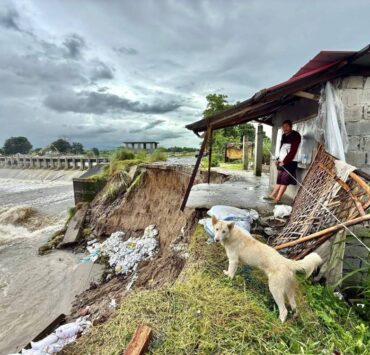Fish kill in Lake Sebu blamed on ‘habagat’

KORONADAL CITY—Heavy rains due to the southwest monsoon, or “habagat,” triggered a fish kill in Lake Sebu, South Cotabato, affecting tilapia farms that are the main source of fish for many localities in the province.
Jose Rudy Muyco, lake warden of Lake Sebu town, noted that just like in the past, a fish kill, locally known as “kamahong,” follows episodes of torrential rains similar to the ones experienced in Mindanao several days ago.
“The rainwater that flowed from the forest to the lake could be contaminated, and it affects the oxygen level of the lake,” Muyco said, adding that other factors could have contributed to the kamahong, like “overpopulation” of fish stock.
Breaking even
According to Muyco, a fish kill occurs in Lake Sebu during a sudden change in temperature or heavy rains as a result of major weather disturbances affecting the region. Kamahong is a phenomenon characterized by the depletion of dissolved oxygen in the lake, he said.
Lake Sebu, from which the town got its name, is dotted with tilapia cages that produce fish for local consumption in South Cotabato as well as in General Santos City.
Tilapia growers have been forced to resort to premature or emergency harvesting since Monday, flooding the local market with the freshwater fish.
“This premature harvest is the cage operators’ bid to avoid losses that would eventually trigger oversupply that, in turn, would push prices down,” Muyco said. “Just to break even [in input and postharvest cost] is enough for them.”
While the consolidation of the report is still ongoing, he said their initial estimate of the fish kill’s damage amounted to P3 million in the last two days. “It could still go higher as more tilapia are floating dead,” Muyco added.
Most of the affected fish cages are those in the villages of Badulong, Takonel and Poblacion.
Fish cage operators are now selling tilapia for P50 to P100 per kilo, down from the regular price of P150 to P170 per kilo.
“Please avoid bargaining too much with the fish cage operators; give them enough to at least recover or break even in cost of production,” Muyco appealed to traders, mostly from Koronadal and General Santos cities.
Susan Laran, a tilapia vendor, said buying at a heavily discounted price from fish cage operators would not guarantee them profit.
“Our regular tilapia customers would shy away if they were offered supplies at low prices as a result of the fish kill,” she said.

















